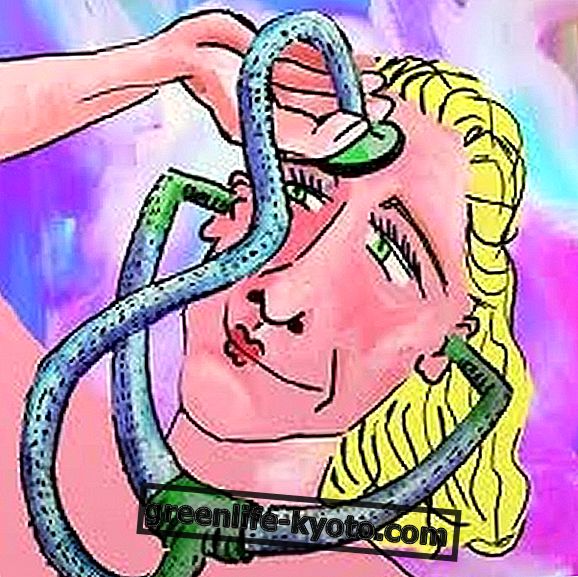Lemon balm ( Melissa officinalis ) is a medicinal plant belonging to the Labiateae family. The name derives from the Greek, meli, which means honey, to indicate, probably, the scent of the plant that attracts bees. Today it is known for its antispasmodic and anti-inflammatory properties, and is used in the treatment of many disorders. Let's find out the characteristics and side effects of lemon balm .

Melissa: characteristics and properties
Lemon balm is a perennial herbaceous plant with a bushy habit. The stem is quadrangular and hairy, the leaves are petiolate, oval and hairy, the flowers, shaped like a goblet, have a slight pale pink tinge.
An essential oil is extracted from the leaves of lemon balm, very useful in case of anxiety . Furthermore, the lemon balm plant has an antispasmodic, anti-inflammatory and carminative action useful against menstrual pain, neuralgia, digestive disorders, nausea, abdominal cramp flatulence and colitis.
The extract of fresh lemon balm leaves has antiviral activity, due to the presence of polyphenolic acids and polysaccharides, useful in the treatment of Herpes simplex.
Side effects of lemon balm
Lemon balm can have a particular side effect known as a paradoxical effect. In the event of excessive intake, in fact, lemon balm can determine an opposite effect to the desired one, thus causing anxiety and agitation .
Furthermore, lemon balm is contraindicated in patients with thyroid disorders, such as hypothyroidism, and its essential oil is to be avoided in case of glaucoma, because it can increase endocular pressure .
You might also be interested in:
> The properties, use and contraindications of the essential oil of lemon balm
> Properties and use of the melissa mother tincture
> How to prepare lemon balm herbal tea
> Do you struggle to sleep? Try the lemon balm
> Melissa officinalis, the plant for female disorders













